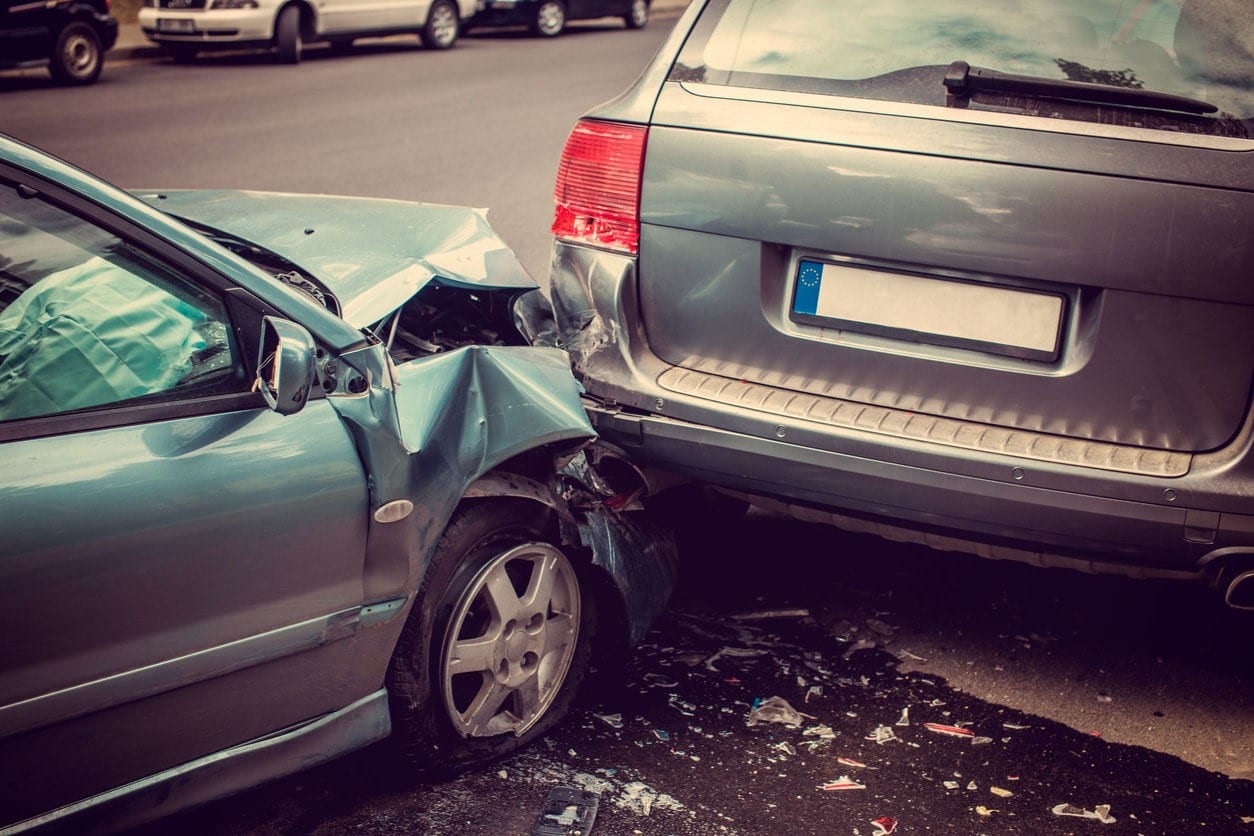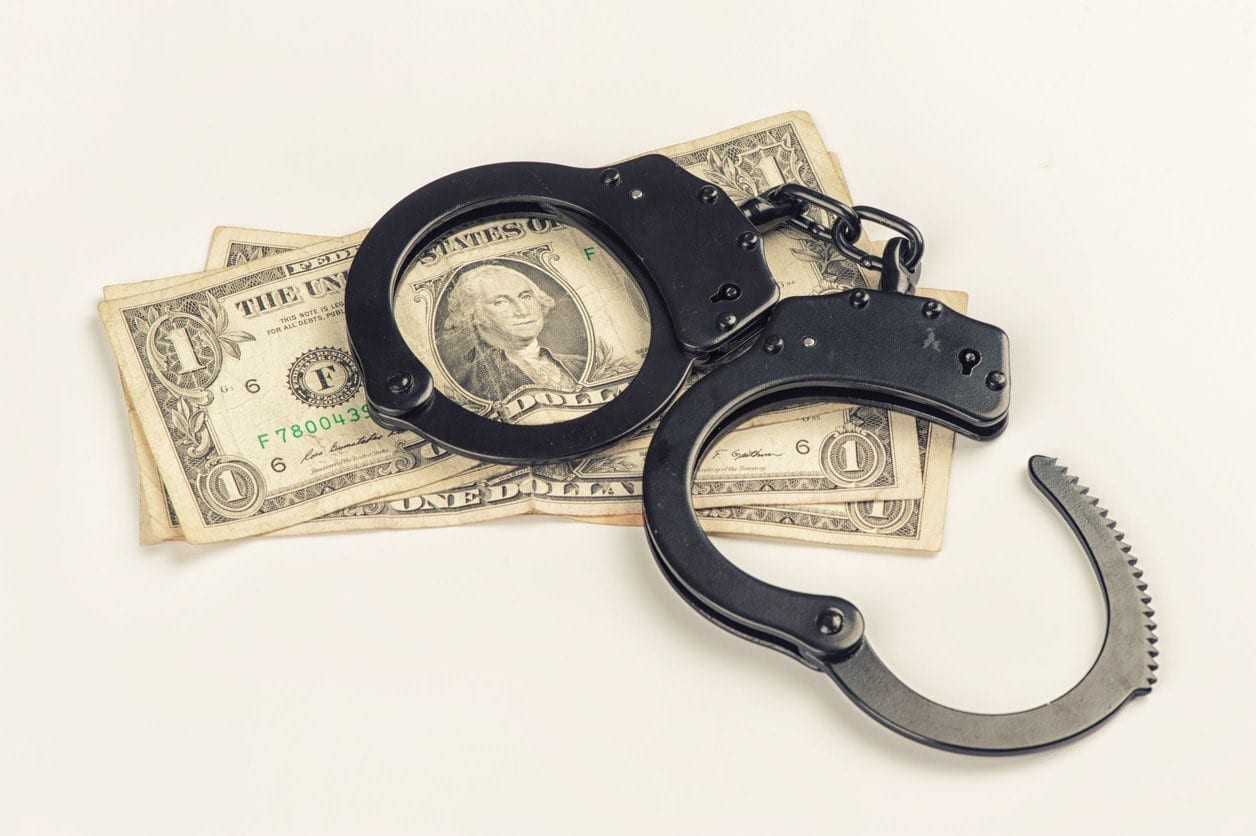We’ve all seen the advertisements and billboards warning us against DWI. Not only does driving under the influence put everyone on the road in danger, the costs of getting a DWI are far from being worth the crime.
Exactly how serious are DWI charges?
Like many crimes, DWI charges vary. While most DWI charges aren’t more than a misdemeanor offense, aggravating factors and multiple charges could put you at risk for getting a felony and facing more serious consequences.
The Different Types of DWI Charges in Our State
The following are different charges for DWI, ranging from the least to most serious:
Refusal to Take a Chemical Test: If you are pulled over on suspicion of DWI, police officers will ask you to submit to a chemical test (blood, breath, urine) that will determine your blood alcohol content (BAC). You can refuse to take this test, but you will have to pay the price. If you refuse, your license will be suspended for 30 days. During this time, you will be able to schedule a hearing. If you are found guilty at the hearing, your license will be suspended for up to one year.
First Offense DWI: When you are charged with your first DWI, you may be confused about the charges and penalties that you’re facing because our DWI laws are fairly complicated.
Here’s how it breaks down. For your first DWI charge, a judge will label your case on a scale from 5 to 1 (and aggravated level 1, or 1A). Serious cases with a lot of aggravating factors are considered a 1 or 1A, and less serious cases are rated a 5. Aggravating factors include:
- BAC level
- Passengers in the car (including minor children)
- Driving record
If the DWI is a level 5, penalties may include up to 60 days in jail, or 24 hours of community service. If the DWI is a level 1A, penalties could include up to 36 months in jail.
Second Offense DWI: Once you have a DWI on your driving record, you cannot drive with a BAC higher than .04. A second DWI offense is still a misdemeanor, but you will have to serve a minimum of seven days in jail, and a judge may sentence you to up to a year in jail. If convicted, you will also be required to have an ignition interlock device (IID) installed in your car. The IID will not let you begin driving until you have taken a breathalyzer and do not have alcohol in your system. IIDs are a big pain, and they come with installation fees and monthly payments.
Felony DWI: The jump from misdemeanor to felony is not fun. Once you are a convicted felon, you lose a lot of rights that are given to the general public. Fortunately, it takes a lot for a DWI to become a felony, so most likely you don’t have to worry about being saddled with a felony if you are facing your first charge.
DWI can be charged as a felony when:
- The driver has three or more DWIs on their record
- The driver has a restricted or suspended license
- The DWI led to an accident and caused injuries or death

Penalties for DWI
We mentioned jail time, license revocation, and IIDs as penalties for DWI, but the consequences don’t stop there. Other penalties for DWI include:
- Fines. Advertisements and PSAs about DWI usually speak directly to our wallet. In addition to court costs, towing fees, and legal defense, a DWI conviction can result in heavy fines. These fines may start at $200 for a first offense, but can easily increase to thousands of dollars if aggravating factors are present. Restitution may also need to be paid to victims if the DWI involved an accident.
- Community Service. In lieu of jail time, a judge may order a defendant to around 24 hours of community service.
- Alcohol/Substance Abuse Assessment: While tedious, alcohol and substance abuse assessment or education can help you to avoid jail time. If you make the effort to repent for your DWI and ask for assistance with alcohol or controlled substance use, this penalty may be appropriate for your case.

For more information on defending DWI charges and building an effective strategy to get your charges dropped, contact a North Carolina DWI lawyer.
About the Author:
Jan Elliott Pritchett is Managing Partner at the Law Firm of Schlosser & Pritchett and one of North Carolina’s top rated criminal defense attorneys. With a practice dedicated 100% to litigation, Mr. Pritchett protects the legal rights of clients who have been charged in federal and state criminal matters, as well as DUI/DWi, motor vehicle accidents, personal injury, and traffic violations. In practice since 1995, Mr. Pritchett has earned a reputation as a highly talented and fearless lawyer, being listed among the state’s “Legal Elite” and recognized as one of the Top 100 DWI Lawyers in North Carolina by the National Advocacy of DUI Defense. He currently serves as the Co-Chairman of the North Carolina State Board of Legal Specialization, Criminal Law Specialty, and Vice-Chairman of the North Carolina Bar Association, Criminal Justice Section.








